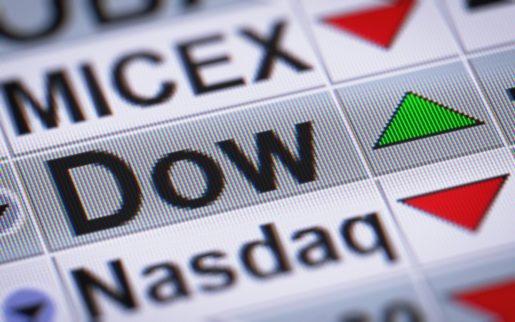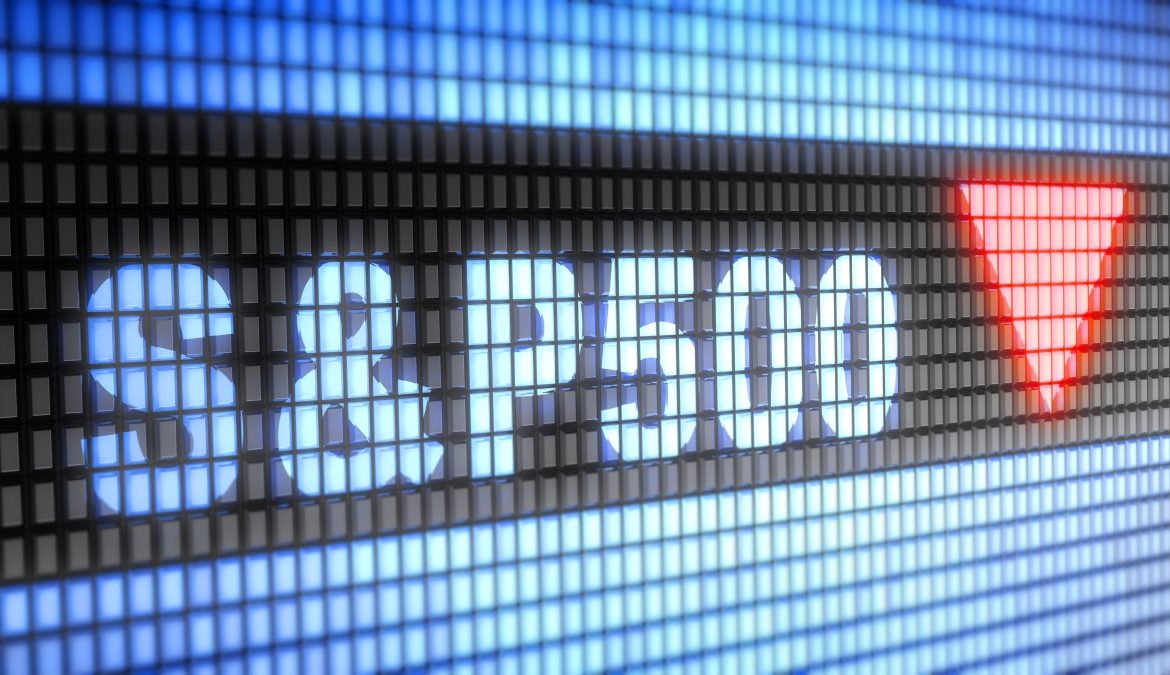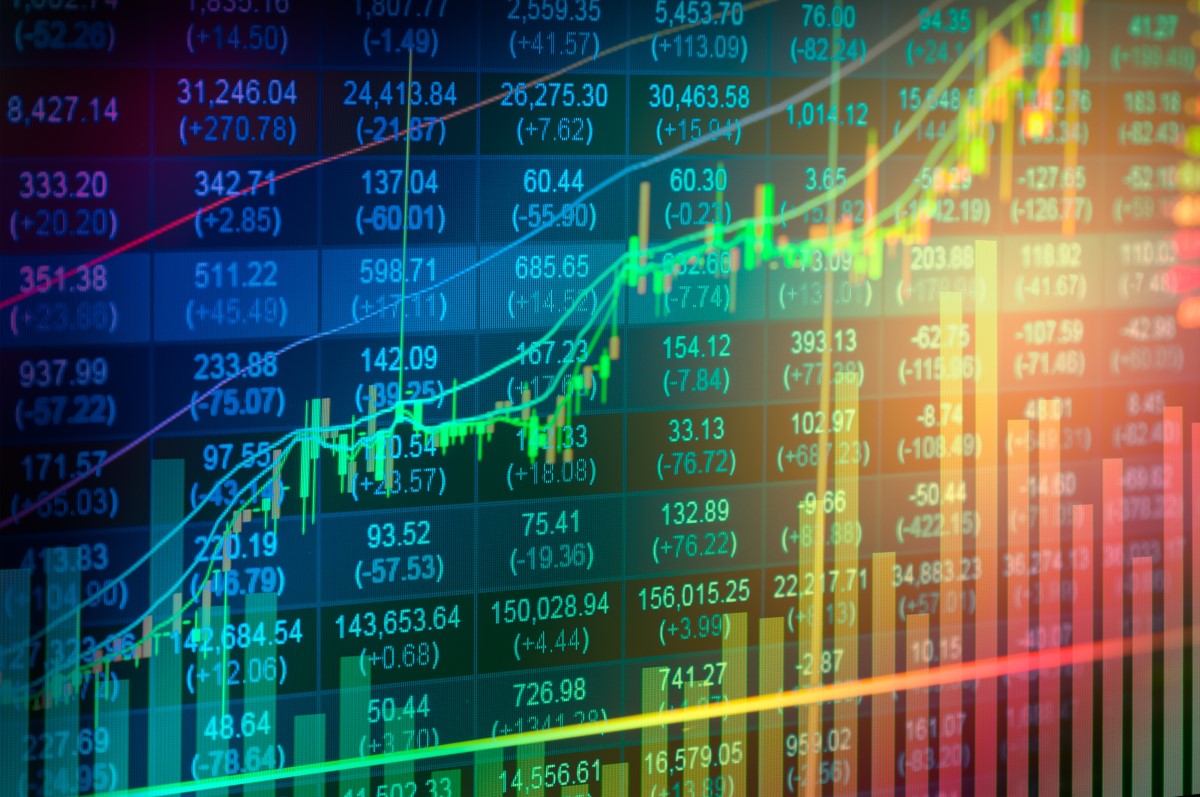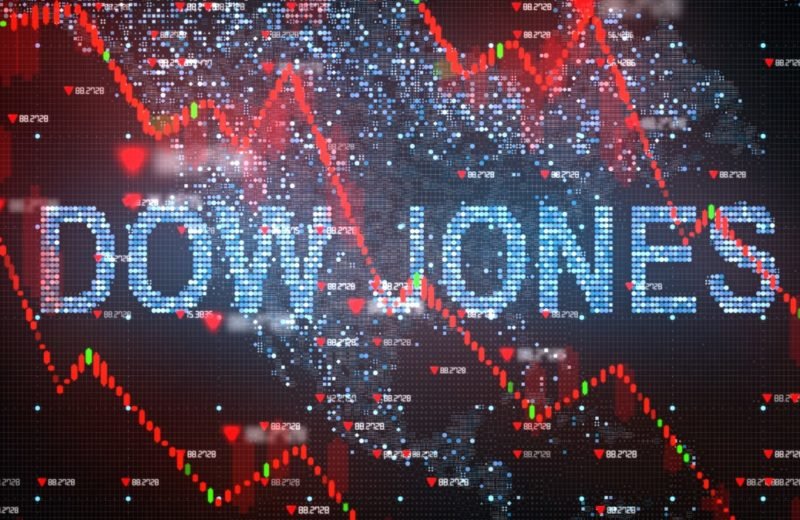The stock market has shown the record-setting rally. However, UBS bank has warned the investors that sometimes-successful times hide uncommon and malicious trading trade market patterns.
Each year the earning become more and more stagnant. For example, the S&P 500 companies now expect to grow their earnings by less than 1%. This is truly unfortunate, as last year, the growth rate reaches 23%. However, this decline has a historical implication as declining earnings expectations, usually, don’t bode well for stocks. Besides, the last six times in the past 35 years have all faced dire compression in stock valuation and declines in the S&P 500.
The UBS equity strategist, Francois Trahan said, that the actual contraction in forwarding earnings usually spells a problematic backdrop for the overall equity market.
Also, on Tuesday, The Dow Jones Industrial Average hit another record. As the rally in the S&P 500 seemed to have paused with the index little changed in the session. Experts conducted that Earnings for the S&P 500 are expected to decline by 3.1% for the third quarter. However, this will happen only after considerable growth by more than 3% in the second quarter.
Declining earnings expectations: what next?

Unfortunately, the S&P 500 forward earnings show that in the future, a contraction is imminent. Usually, an actual shrinkage in forwarding earnings, predicts a problematic backdrop for the overall equity market.
Moreover, the corporate earnings season turned out to be better than expected. Approximately 75% of the S&P 500 companies have topped analyst expectations. As, nearly a third of the companies, or 164, issued lower earnings guidance, compared with only 68 of them at the beginning of the year.
However, the breadth of expectations is equally troubling. The history repeats itself, as in 2018, when forward earnings declined in the fourth quarter, the market suffered a brutal correction. During that time, the S&P 500 and the Dow Jones Industrial Average experienced their worst December since the Great Depression.















